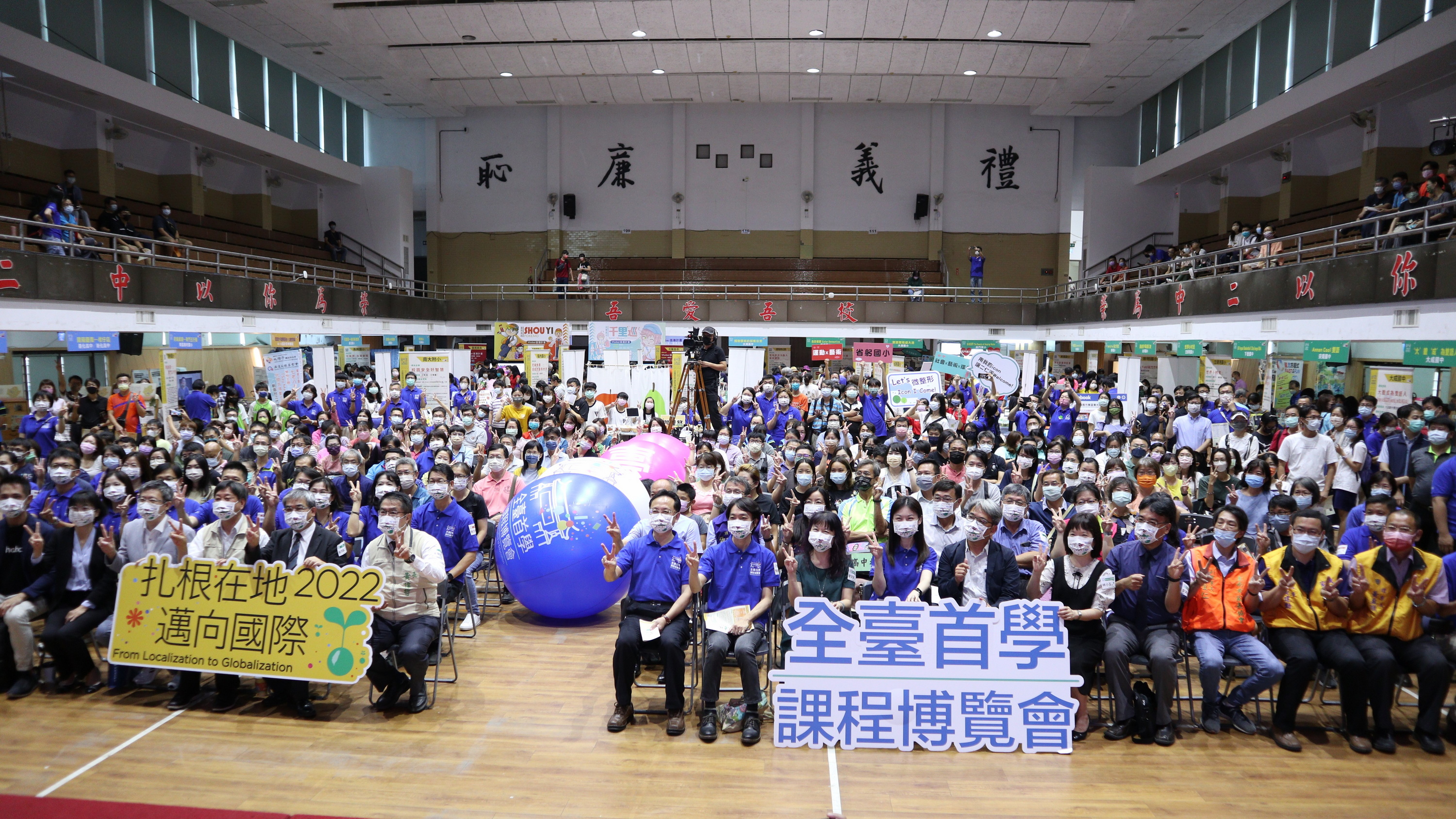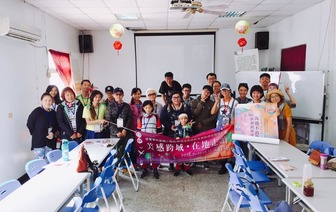On October 16th and 17th, we held the "Cross-regional Aesthetics Study Tour" in Taitung County. The event was planned by the overall planning team. The project co-host Professor Huang Chunmin and co-host Associate Professor Li Qichang led the group and invited personnel from the Ministry of Education and teachers from 14 outstanding schools to participate. The activity takes the form of a class visit. In addition to learning about the local culture, it also provides an in-depth experience to understand and share the different cultures in Taiwan and the characteristics of the school curriculum.
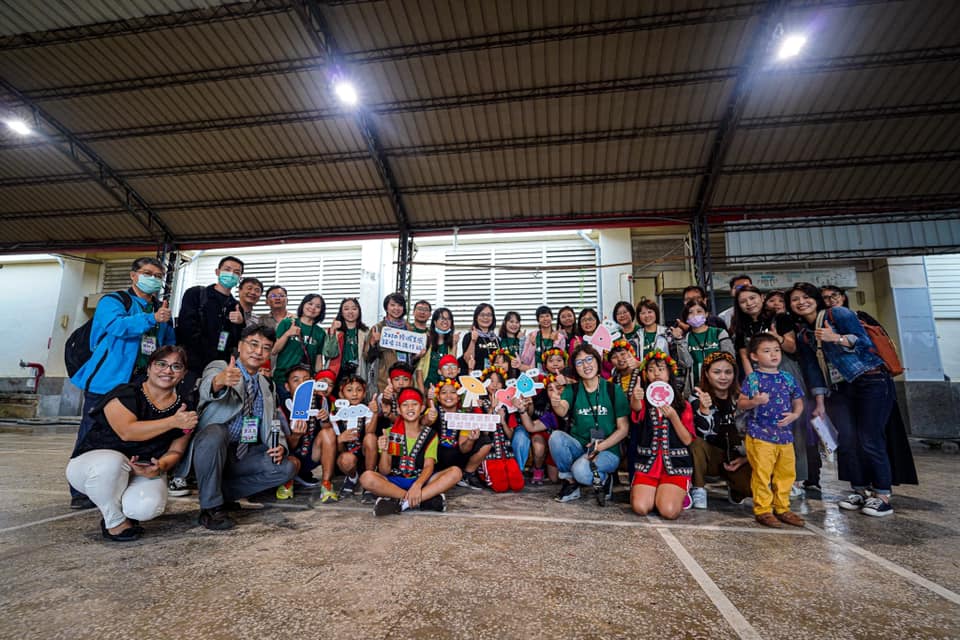
On the 16th, we started our trip by observing the courses of major and elementary schools in Taitung County, observing the appearance of courses developed in different environments and cultural backgrounds. Then go to the "Hunter School" and meet the founder, Mr. Saknu. Follow the steps of the Paiwan hunters, understand their way of life, go into the mountains and forests, and feel the nature.
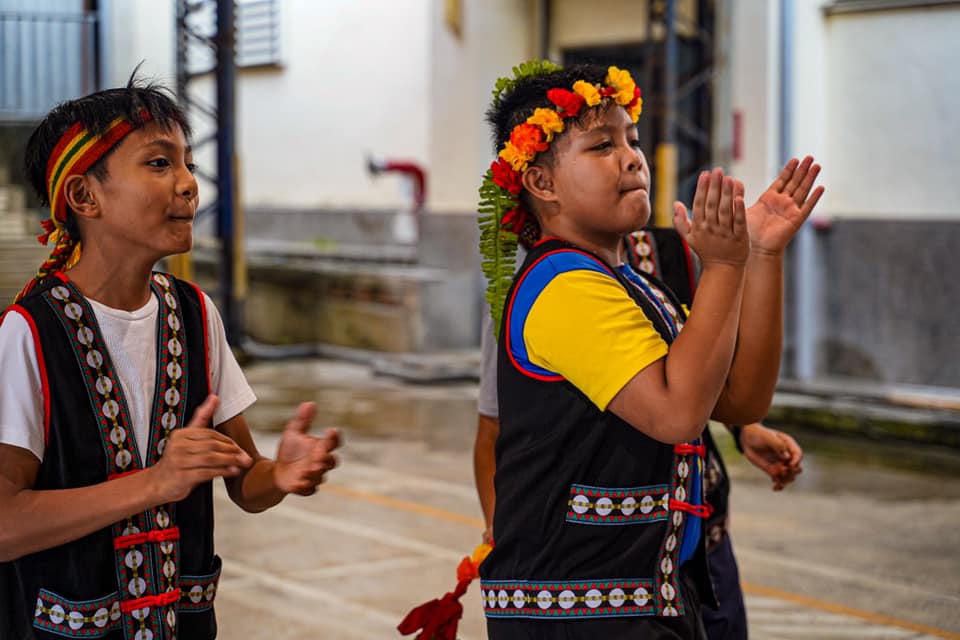
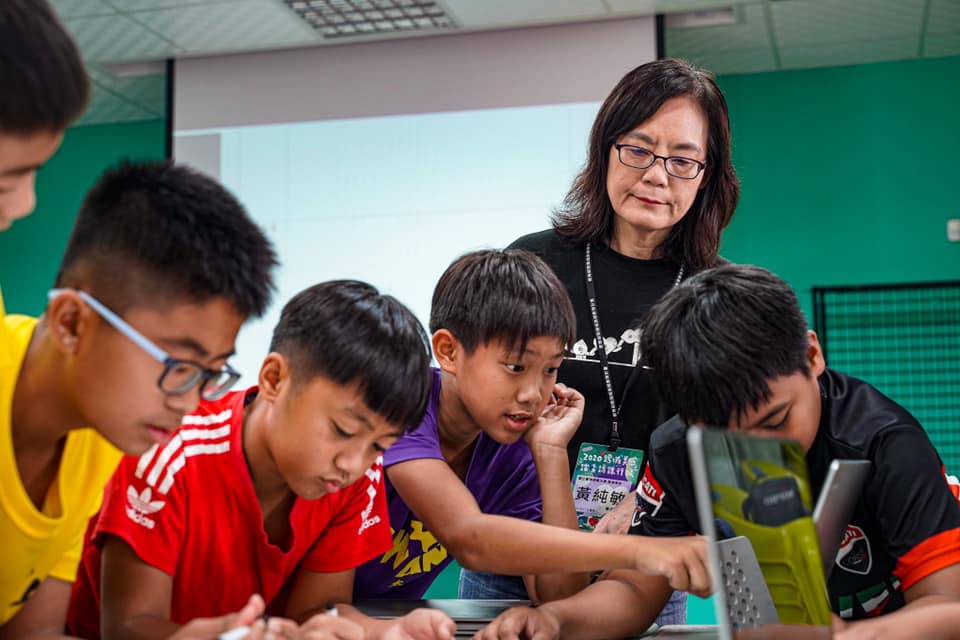
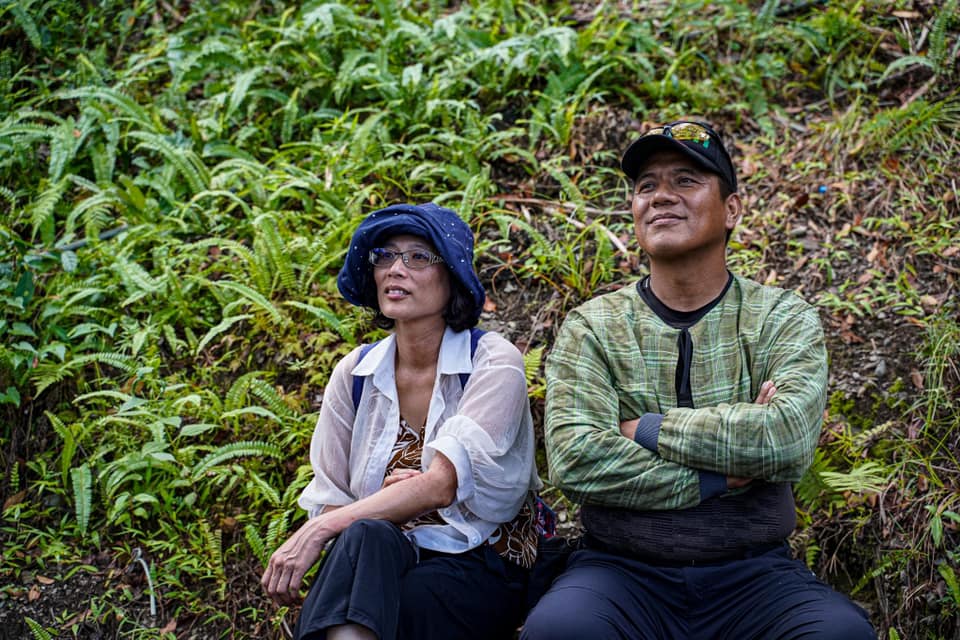
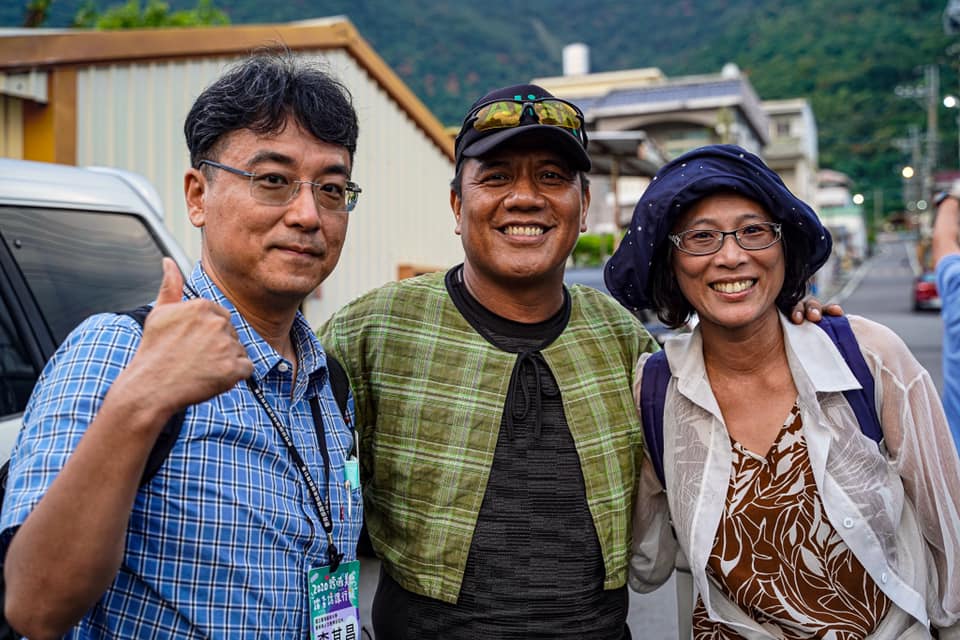
On the 17th, we visited the Dulan tribe in Donghe Township and experienced the tribal food of the Amis people. Finally, go to the Duli East Coast National Scenic Area Management Office and the Jialulan Jialulan Coastal Recreation Area to view the works of the East Coast Land Art Festival. Through the explanatory tour, you can learn how local Taitung artists dialogue with his hometown, and Gradually develop artistic works that fit the local culture and landscape.
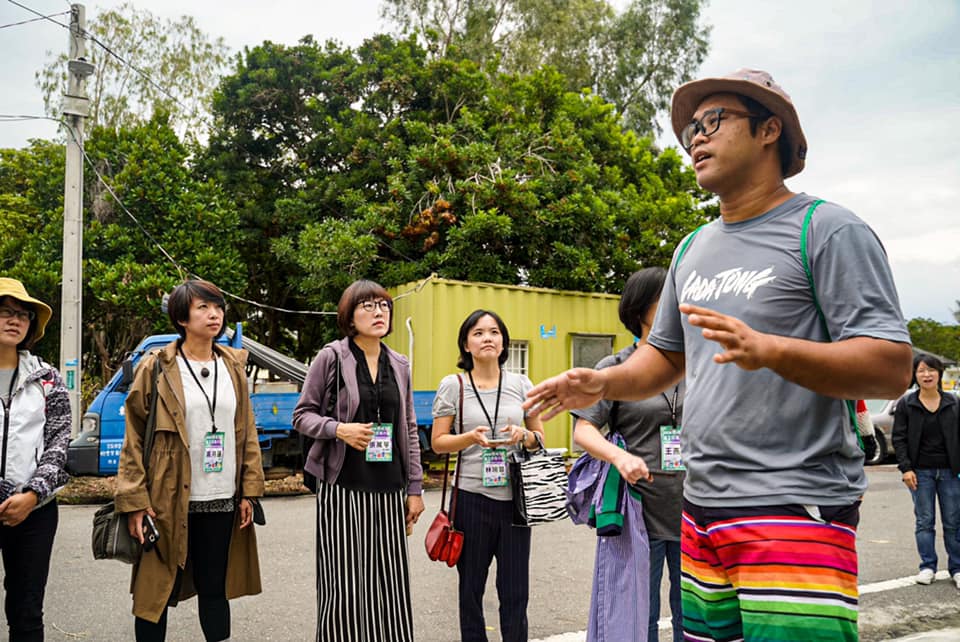
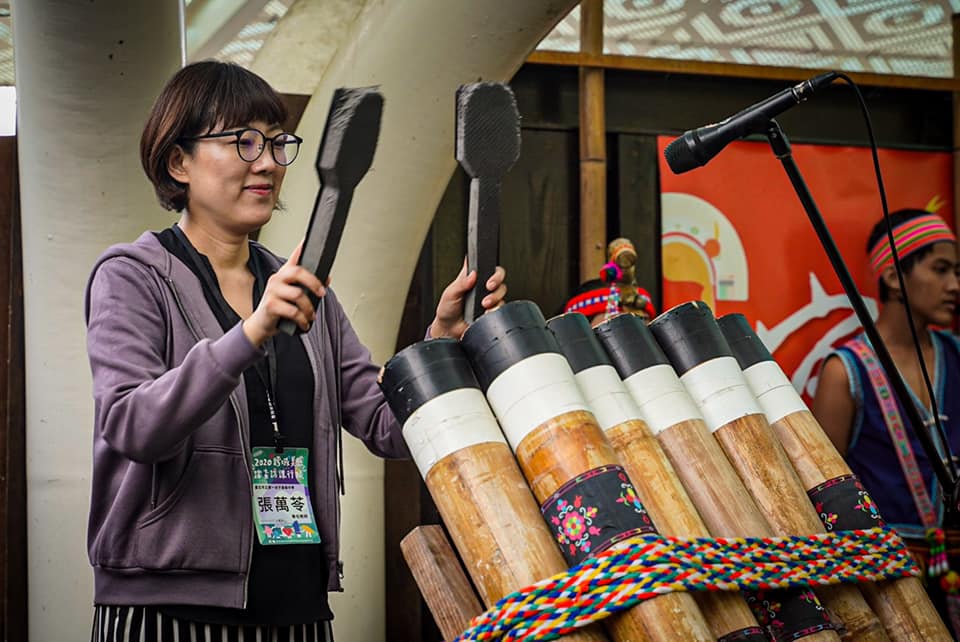
The "Cross-Domain Aesthetic Exploration and Class Visiting Tour" adheres to the concept of "continuously going beyond the campus and constantly breaking the boundaries between subjects, campuses and communities". It also explores Taiwan's local characteristics and cultural landscape, and thinks about how to connect different corners of Taiwan due to geographical conditions. , the local characteristic culture bred by ethnic differences is brought back to the cross-field aesthetic classroom. This event is an intercultural dialogue. Participating teachers gradually constructed their own cultural perspectives in their respective growth environments. Through cross-cultural visits and investigations, participants deepened their understanding of aboriginal culture and reflected on the thinking logic of Chinese culture. Observe and experience cultural differences and conflicts, and further think about various issues such as ethnicity, diversity, environment, and nature in the education scene.

